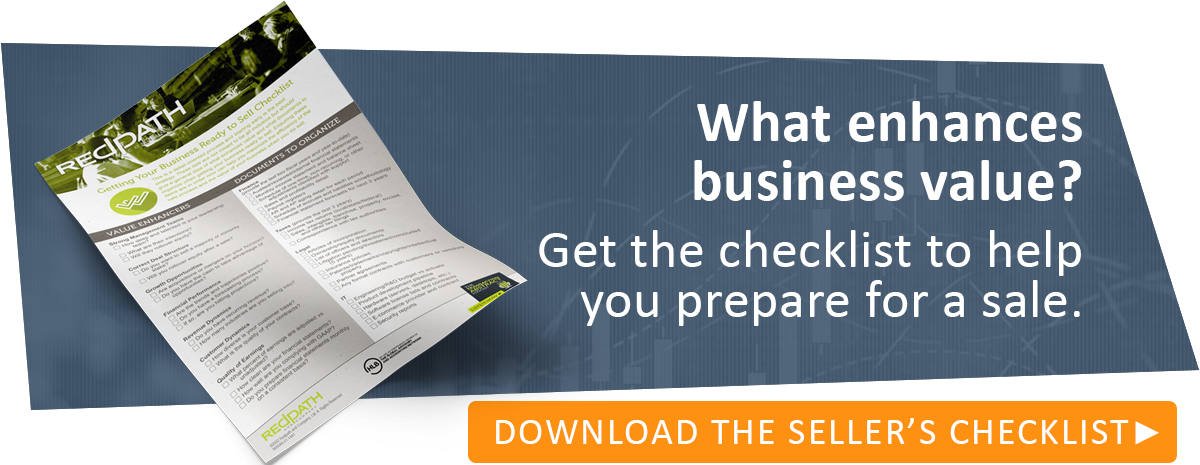3 Questions to Find the Right Accounting Partner for Your Construction Business
This article was originally written in October 2020. It has been updated with new references and information.

Anyone who has founded and successfully built a business has good reason to take pride in that achievement. So if you have reached the point where it is time to sell your company, you might be forgiven for assuming it is a richer plum for investors than is actually the case. But potential buyers have no emotional investment here. They will make their own assessment to determine what your business is worth and if they consider it an A asset.
A company considered an A asset (as opposed to B or C) should get the best price, but M&A deals are based on perceptions as well as financial facts. Specific factors may matter more (or less) to a particular buyer. Furthermore, there is no clear definition of an A asset or scale in which to compare to.
Still, A assets are the types of companies that will deliver value, no matter what. There are some common characteristics of assets that are considered of higher quality that can help you understand your company's potential values. And there are ways to enhance your asset value if you do not wait until the last minute.
The volume of M&A deals remains high, however, their values are more volatile than they were a year and a half ago. A assets are holding their value best. Why? Because typically the company is still performing well despite headwinds such as supply chain disruption, increasing interest rates, and the lingering threat of recession. An asset that can perform well under these conditions is more attractive.
Every industry is different, every deal is different, and marketplace changes make it even more challenging to define what makes an A asset. However, if you can remain strong from an earnings profile perspective despite volatile conditions, your company is more likely to be considered an A asset. That is if:
On a recent episode of The Transaction Abstract podcast, Dave Sampair from Yukon Partners goes into further detail on the subjective nature of an A asset. The Transaction Abstract podcast archives contain numerous conversations with investors, whose first-hand knowledge and insights are well worth hearing for anyone considering buying or selling a business.
Here are three examples where companies fall short of being an A asset:
Any company could easily convert from cash-to accrual-basis accounting, to improve their perception as an A asset. Of course, you would still have to follow through to demonstrate you really are worthy of that perception. M&A and accounting advisors can help you elevate not only the appearance but the functional performance of your financials and show you why your business may or may not be considered an A asset right now and recommend changes to make your organization more attractive.
But this process is not an overnight fix. Making meaningful changes that will make your company more attractive can take more than two years. Starting now could help you earn that coveted A grade–and a bigger and better deal–sooner.

This article was originally written in October 2020. It has been updated with new references and information.

Editor's note: this blog was updated in 2025 with additional resources for business owners.

In a significant shift on Friday, March 21, the Financial Crimes Enforcement Network(FinCEN) has revised its Beneficial Ownership Information (BOI)...